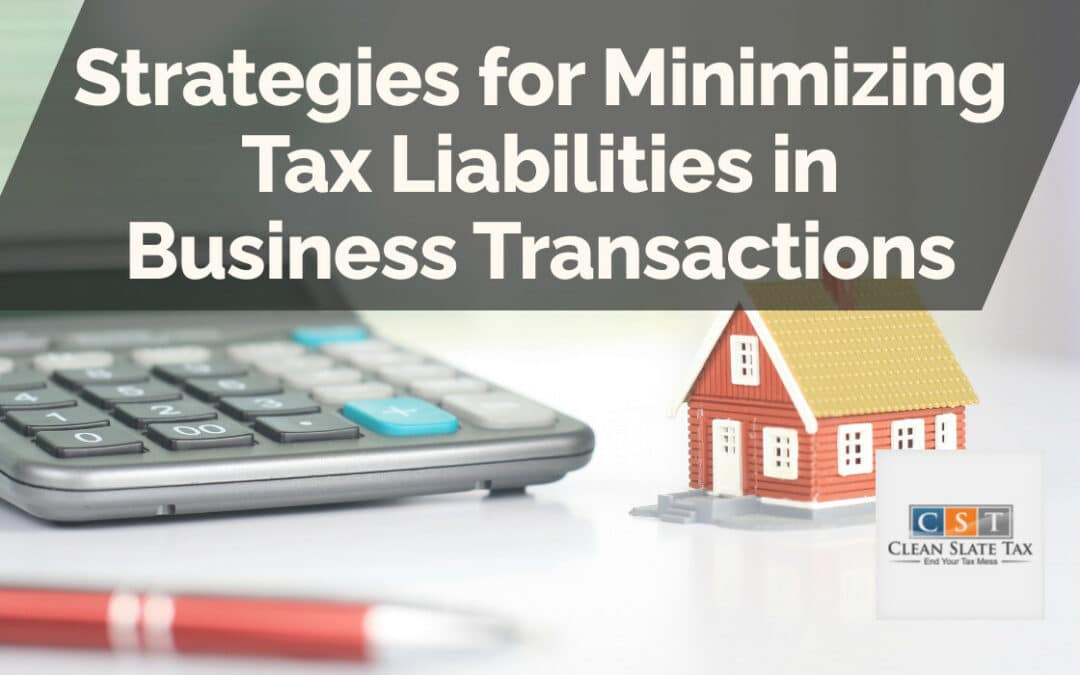Whether you own a small start-up or a multinational corporation, tax liabilities can be a significant burden on your business’s financial health. It’s crucial to develop effective strategies that can help minimize these obligations. Let’s delve into some strategies that businesses can utilize to help reduce their tax liabilities.
Understanding Your Tax Obligations
Before you can minimize your tax liabilities, it’s essential to understand what they are. This requires a thorough understanding of the country’s tax system, including income tax, corporate tax, VAT, and their respective rates. Seek advice from tax consultants who can provide valuable insight into this complex domain.
Business Structuring
To minimize tax liabilities, consider how your business is structured. Different structures – sole proprietorship, partnership, corporation, or LLC – have different tax implications. It may be beneficial to restructure your business in a way that yields better tax benefits.
Deductible Expenses
Several business expenses can be deducted from your taxable income, effectively reducing your tax liabilities. These could include staff wages, utility bills, depreciation on property, and cost of goods sold.
Tax Credits
Tax credits are a direct reduction of your tax liabilities. Businesses are often eligible for a variety of tax credits, such as those for research and development, environmentally friendly policies, or for hiring from particular demographics.
Year-End Planning
Another strategy for minimizing tax obligations involves year-end planning. This practice involves deferring income to the following financial year and bringing forward expenses to the current year.
Involving Skilled Tax Professionals
Working with tax professionals can help ensure that you are making the best decisions regarding your tax plans. They can keep you updated on any changes in tax laws and can help plan strategies tailored to your business.
-
Understand your tax responsibilities
-
Structure your business properly
-
Use deductible expenses as a tax reduction tool
-
Take advantage of tax credits
-
Employ year-end planning strategies
-
Work with tax professionals
Frequently Asked Questions
Can I avoid paying taxes by running my business at a loss?
Although a loss-making business isn’t required to pay income tax, this isn’t a sustainable or advisable approach to tax planning. It can lead to other financial challenges, and the tax benefits are often not worth the operational losses.
Should I employ a tax professional or do it alone?
While it’s possible to handle your business’s taxes on your own, a trusted tax professional’s guidance can be invaluable. They can offer expert advice, prevent costly mistakes, and plan effective strategies to minimize your tax liabilities.
In summary, effective management of tax liabilities can significantly improve a business’s financial health. A good understanding of your tax obligations, effective business structuring, maximizing deductible expenses, utilizing tax credits, year-end planning, and obtaining professional advice can all help to reduce your tax liabilities. These strategies require careful planning and execution, but the financial reward can be substantial.





